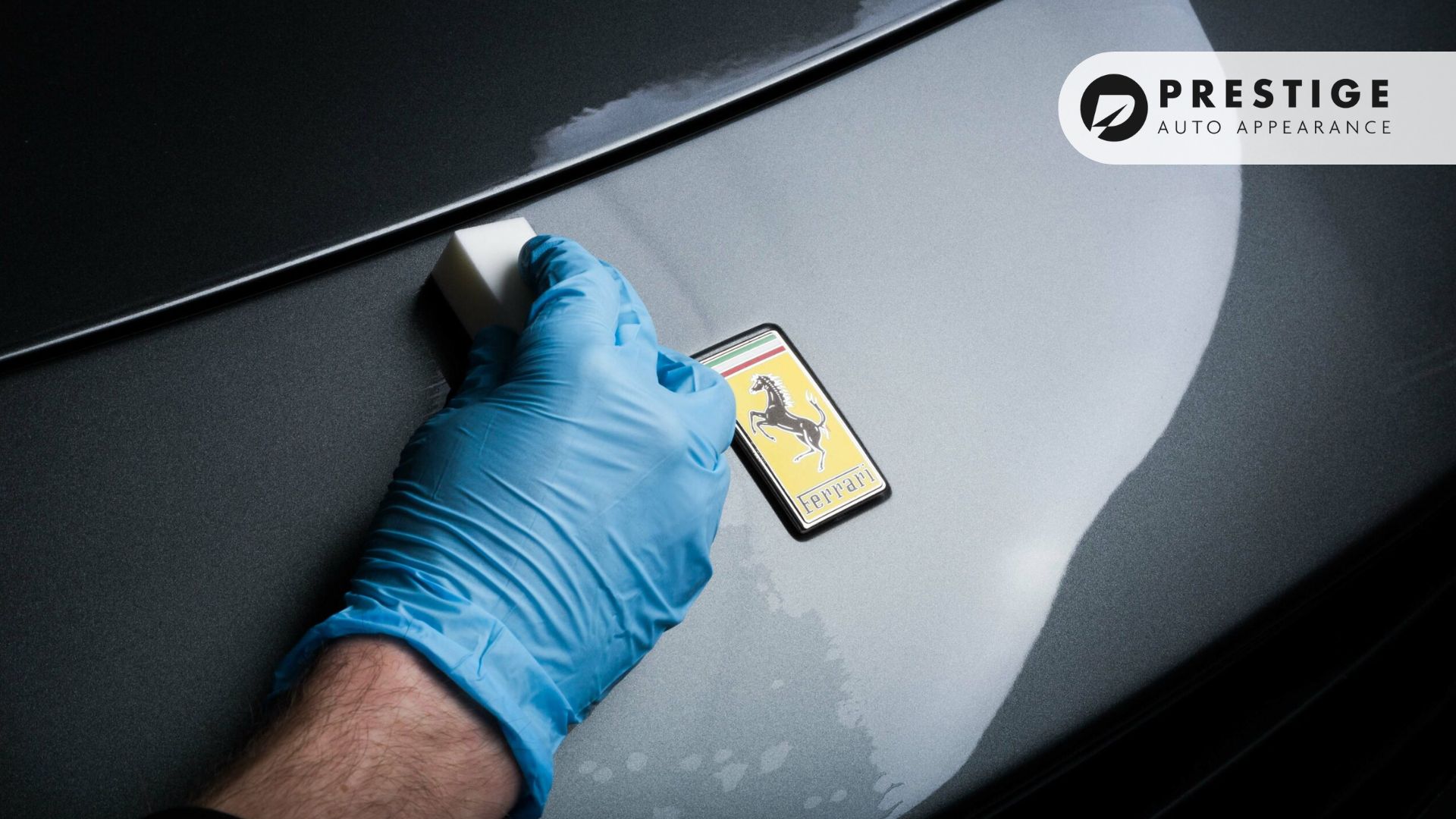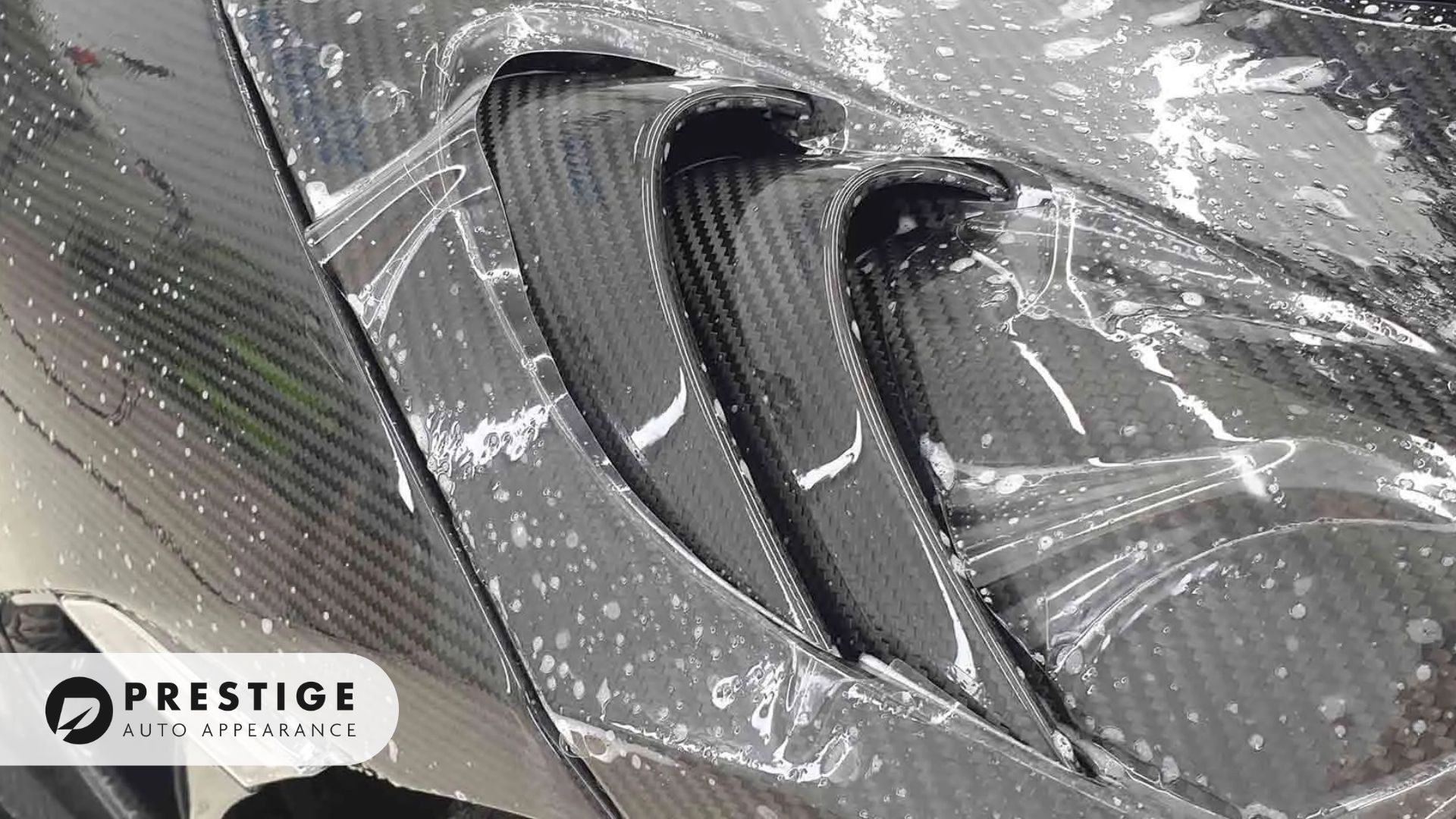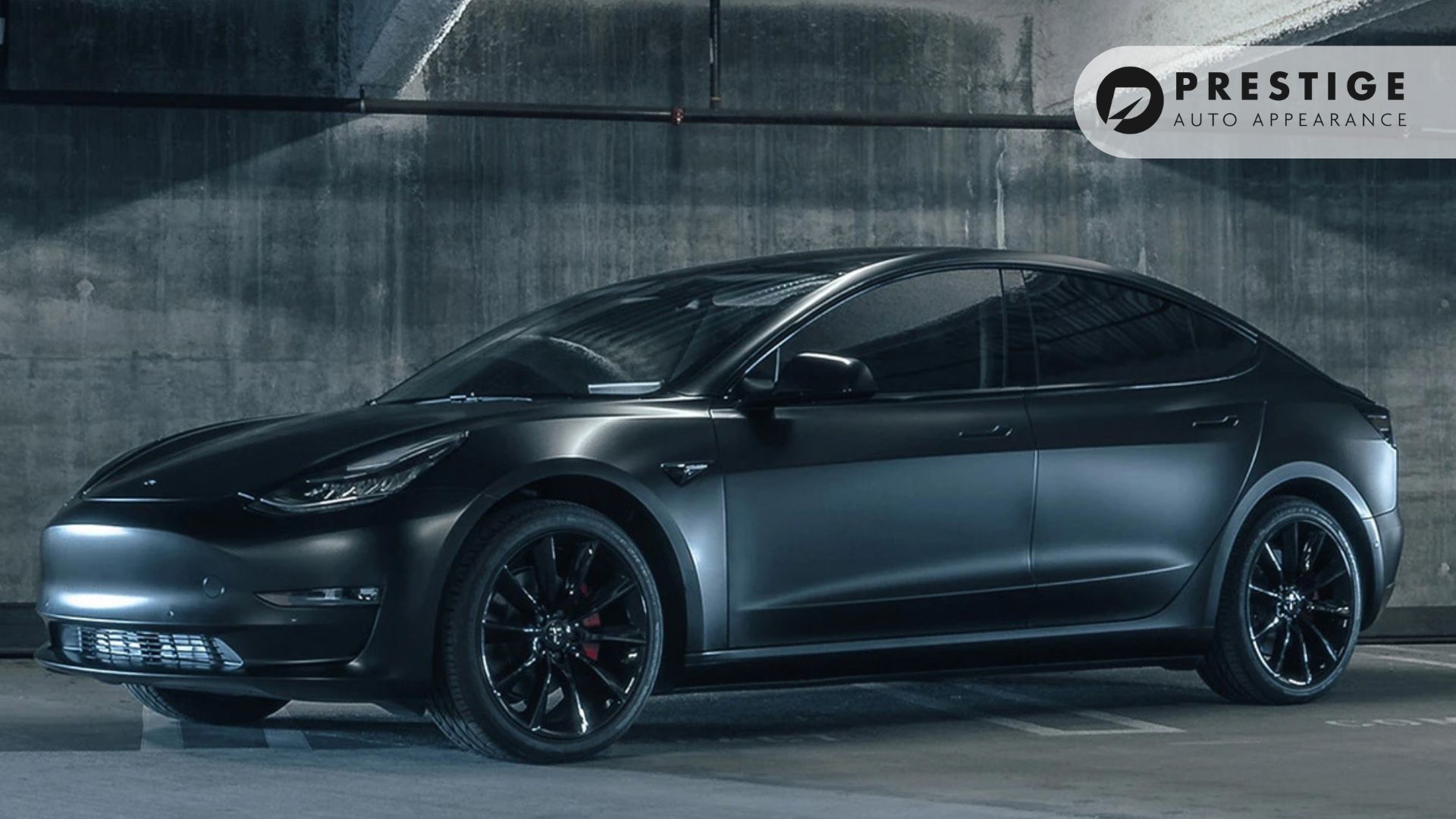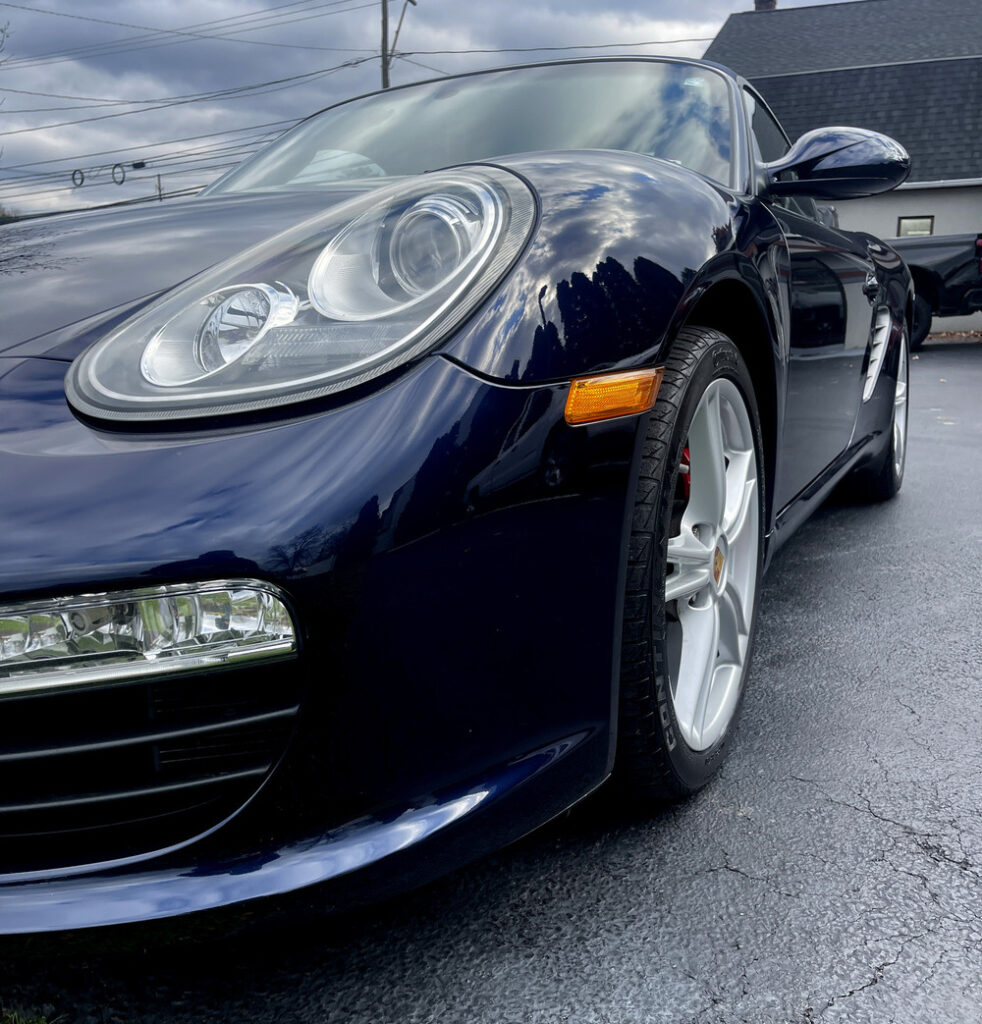
This article delves into the various protective car detailing options.
1. Wax
Overview: Car wax, traditionally made from carnauba wax, is one of the oldest and most well-known forms of car surface coatings. It provides a warm glow and adds depth to the paint’s finish. Synthetic waxes, or sealants, offer a long-lasting alternative with a more durable synthetic polymer base.
Benefits of Wax Car Surface Coatings
- Enhanced Shine and Depth: Car wax, especially those made from natural carnauba, significantly enhances the vehicle’s shine and color depth, giving it a classic, wet look.
- Basic Protection: Offers a layer of protection against UV rays, rain, and dirt, helping to maintain the car’s aesthetic appeal.
- Cost-effective: Waxes are generally affordable and accessible, making them an easy choice for regular maintenance.
2. Paint Sealants
Paint sealants are synthetic products designed to provide a higher level of protection than traditional waxes. They bond chemically with the car’s paint, creating a hard, protective layer that can last anywhere from 6 months to a year.
Benefits of Paint Sealant
- Long-Lasting Protection: Paint sealants provide a durable synthetic layer that protects the paint for six months to a year, significantly longer than traditional waxes.
- Glossy Finish: Sealants leave a shiny, slick finish on the car’s surface, repelling water and dirt more effectively.
3. Ceramic Coatings
Ceramic coatings are a premium protective option that consists of a liquid polymer applied to the exterior of a vehicle. This polymer chemically bonds with the vehicle’s factory paint, creating a layer of protection that is semi-permanent. You can even consider auto detailing with protective coatings.
Benefits of Ceramic Coating
- Superior Protection: Ceramic coatings offer exceptional protection against environmental contaminants, UV damage, and chemical stains, greatly extending the paint’s lifespan.
- Hydrophobic Properties: These coatings are highly water-repellent, making cleaning easier and minimizing the risk of water spots.
- Longevity: A properly applied ceramic coating can last several years, making it a cost-effective option over time.
4. Glass Coatings
Overview: Glass coatings, also known as quartz or silica coatings, are another high-end protective option. These coatings form an even harder surface than ceramic coatings, and are is known for their exceptional durability and gloss.
Benefits of Glass Coating
- Scratch Resistance: Glass coatings provide a hard layer of protection, offering superior resistance to scratches and chemical etching.
- Mirror-Like Shine: Known for their brilliant, reflective finish, glass coatings enhance the vehicle’s appearance significantly.
- Extended Durability: Some glass coatings claim to last the lifetime of the vehicle, offering unparalleled long-term protection.
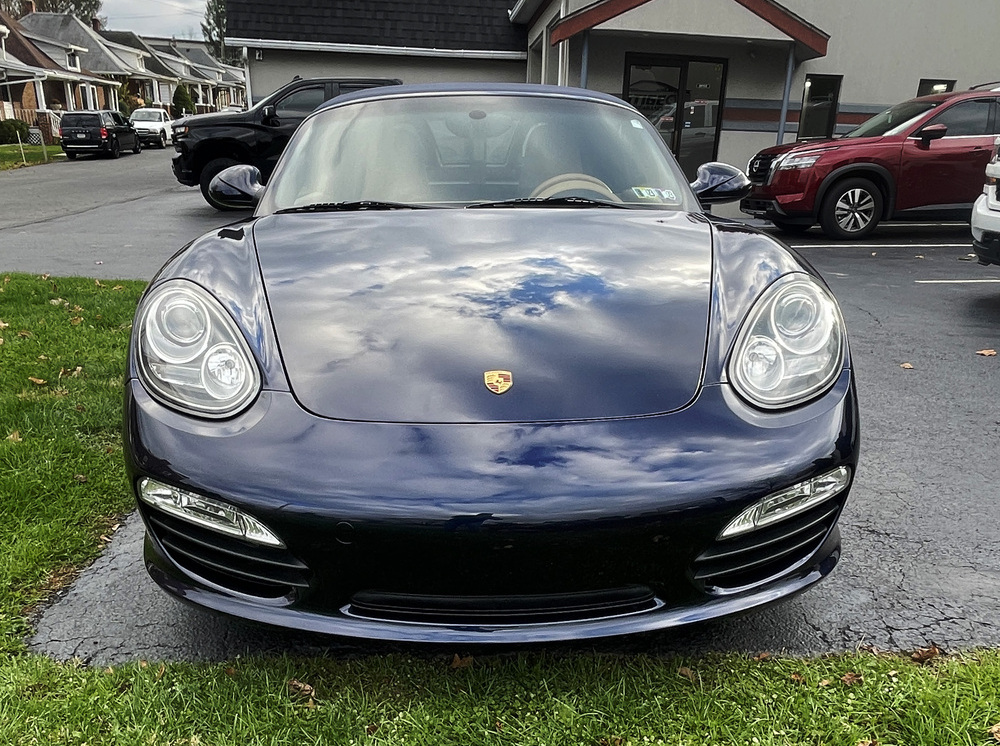
Conclusion
The choice of vehicle coating solutions depends on a variety of factors, including the budget, the level of protection desired, and the commitment to ongoing maintenance. While waxes and sealants offer basic protection and are more budget-friendly, glass, and ceramic coatings provide superior durability and protection, at a higher cost. Regardless of the choice, investing in a protective coating is a wise decision for maintaining a car’s appearance and resale value over time.



